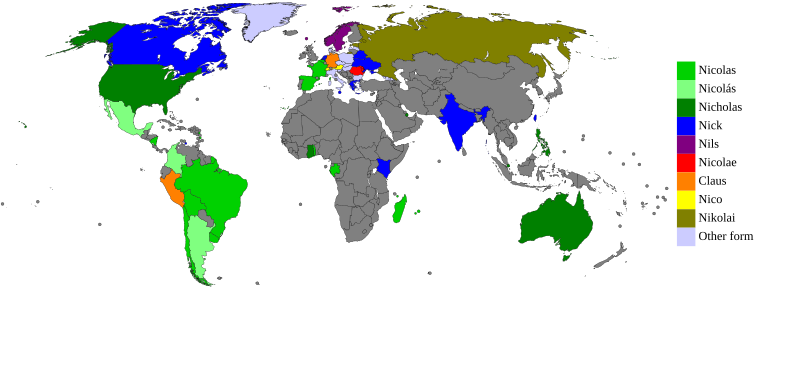Nicolas Recio Faces Four-Year Doping Sanction in Powerlifting

Nicolas Recio, a 29-year-old powerlifter from Corpus Christi, Texas, has been handed a four-year sanction by the U.S. Anti-Doping Agency (USADA) for violating anti-doping regulations. This decision, announced on June 18, 2025, stems from a positive test for an anabolic agent collected during the 2025 Powerlifting America Bench Press National Championships held on February 16, 2025.
The testing protocol was rigorously followed, with USADA contracted to manage testing and results for the event. Recio's urine sample was analyzed using Isotope Ratio Mass Spectrometry (IRMS), a specialized technique that distinguishes between naturally occurring anabolic androgenic steroids (AAS) and synthetic variants. The results indicated the presence of dehydroepiandrosterone (DHEA), consistent with the use of synthetic AAS, which are classified as non-specified substances prohibited at all times under the USADA Protocol and the World Anti-Doping Agency (WADA) Prohibited List.
"This sanction is a reminder of the importance of clean sport and the strict adherence to anti-doping rules," stated Travis Tygart, CEO of USADA. The four-year period of ineligibility for Recio commenced on April 15, 2025, when his provisional suspension was imposed. Additionally, he has been disqualified from all competitive results dating back to his positive test, forfeiting any medals, points, or prizes won during that time.
USADA emphasizes its commitment to educating athletes and their support teams on anti-doping rules and the risks associated with performance-enhancing drugs. The organization provides resources including a comprehensive guide to prohibited substances, instructions on the testing process, and access to the Global Drug Reference Online (GlobalDRO.com) hotline, which helps athletes ascertain the legality of specific medications and supplements.
The implications of Recio’s sanction extend beyond personal ramifications; they highlight ongoing challenges in the realm of sports integrity. Dr. Emily Harris, a sports ethics expert at Stanford University, remarked, "Doping violations undermine the very foundation of competitive equity in sports, and it is crucial that governing bodies continue to enforce strict penalties to deter such behavior."
Internationally, the case reflects broader issues within the powerlifting community and similar sports where doping remains a concern. According to a 2023 report by the World Anti-Doping Agency, doping violations have seen a concerning increase in various sports, suggesting a need for enhanced educational efforts and stricter testing protocols.
The future of powerlifting as a sport may hinge on the ability of organizations like USADA to effectively manage doping violations and promote clean competition. As Recio serves his suspension, the powerlifting community is left to grapple with the implications of his actions and the importance of fostering an environment of integrity in athletics.
In conclusion, this case serves as a critical reminder of the importance of anti-doping regulations in maintaining fairness in sports. Athletes, coaches, and organizations must remain vigilant and informed to protect the integrity of competition and the health of all participants.
Advertisement
Tags
Advertisement





